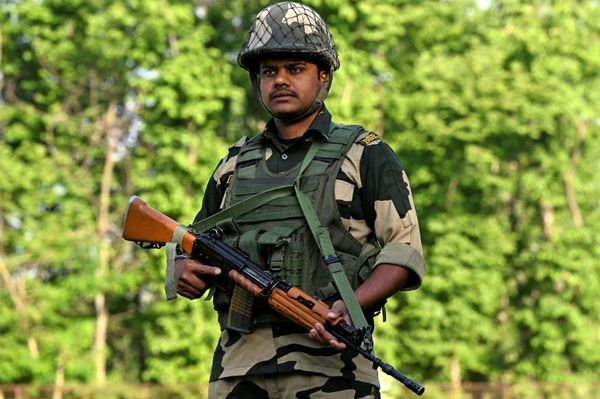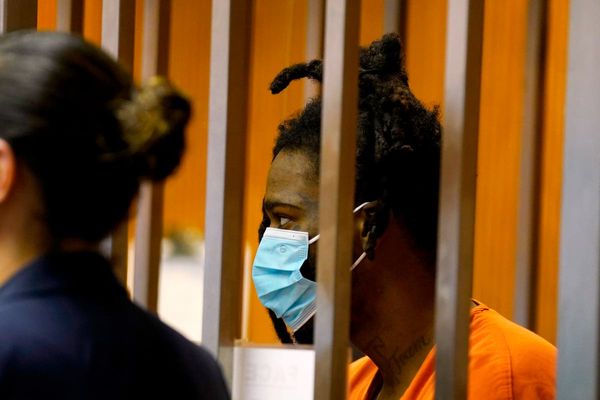
A man shot by police in the French Pacific territory of New Caledonia has died of his wounds, becoming the eighth victim of weeks of unrest prompted by changes to the voting law that Indigenous Kanaks fear will marginalize them and their push for independence.
Police told investigators that armed men rammed a pickup truck into a rental car carrying gendarmes and opened fire Monday on the road between the capital Noumea and the territory's international airport. Two men were wounded when the gendarmes returned fire, according to a statement from the territory’s prosecutor.
One of the men, wounded in the head by a ‘’ballistic projectile,’’ died Friday, prosecutor Yves Dupas said Saturday. He ordered an autopsy of the dead man, who was 26.
The eight dead since violence erupted in mid-May in New Caledonia, which is 10 time zones and more than 33,000 kilometers (20,000 miles) from Paris, include two police officers.
The other man hit by gunfire on Monday was wounded in the arm. While taking the men to the hospital, police said they were disrupted by protesters at roadblocks and pelted with stones, according to Dupas.
Decades of tensions between those seeking independence and those loyal to France flared in response to attempts by French President Emmanuel Macron’s government to amend the French Constitution and change voting lists in New Caledonia.
Pro-independence parties and Kanak leaders fear the voting legislation will benefit pro-France politicians in New Caledonia and further marginalize Kanaks, who have faced sharp economic disparities and decades of discrimination.
France rushed hundreds of troop reinforcements to the territory in May help police quell the revolt, which included shootings, clashes, looting and arson. Both sides of New Caledonia’s bitter divide erected barricades, either to revolt against authorities or to protect their homes and properties.
Territorial authorities have extended an overnight curfew across the archipelago until June 17.
New Caledonia became French in 1853 under Emperor Napoleon III, Napoleon’s nephew and heir. It became an overseas territory after World War II, with French citizenship granted to all Kanaks in 1957.










